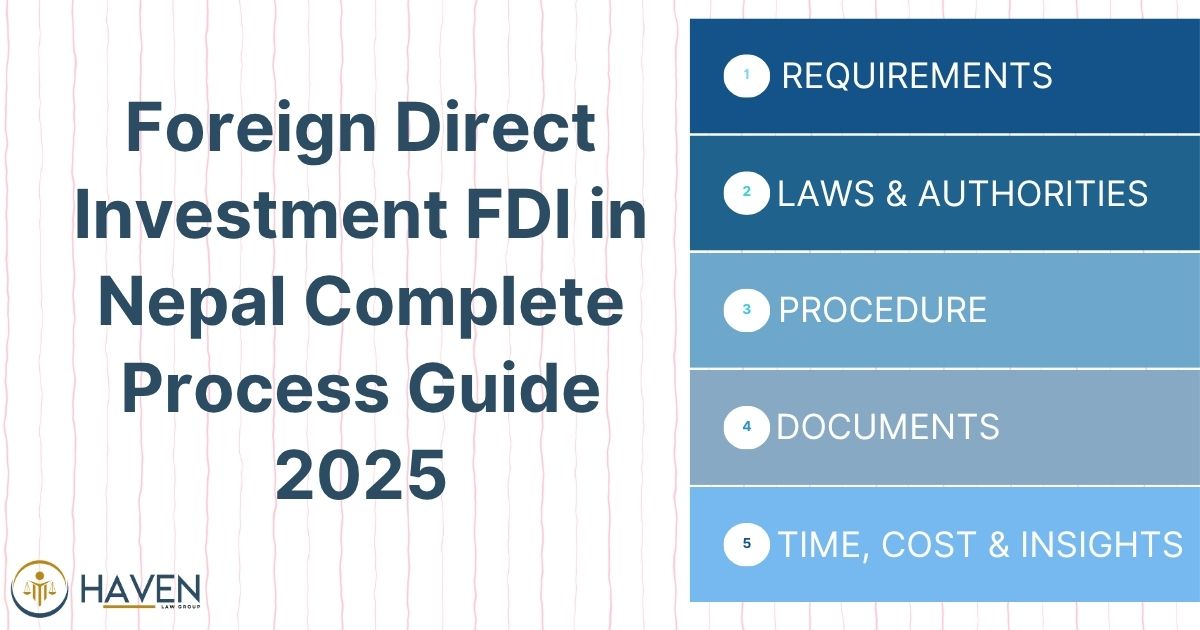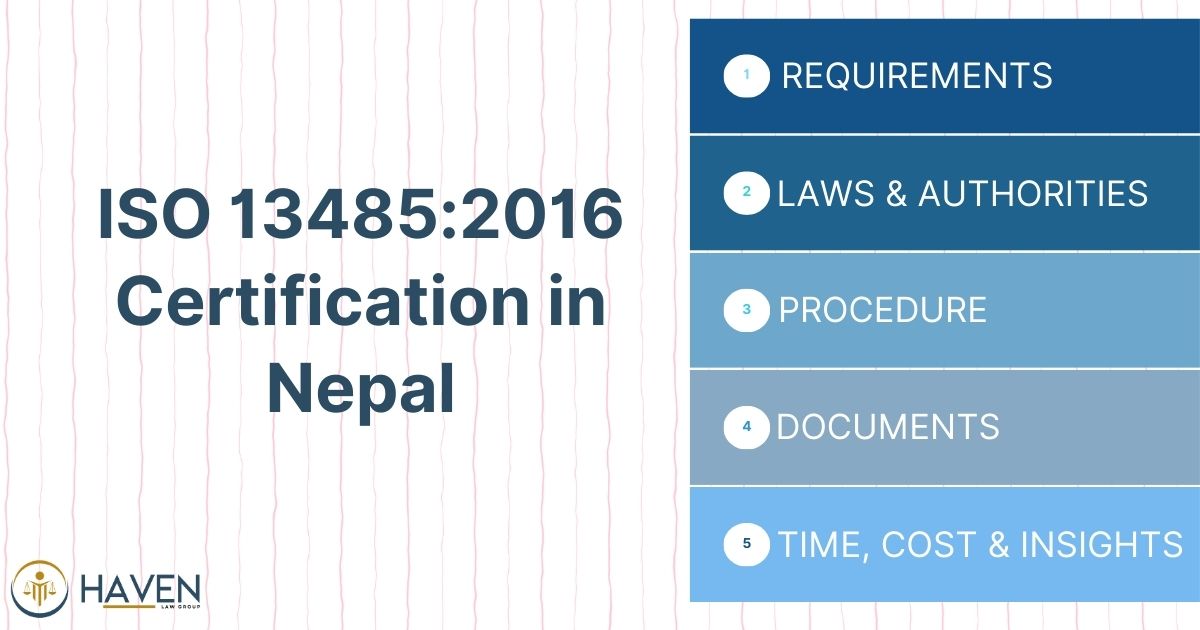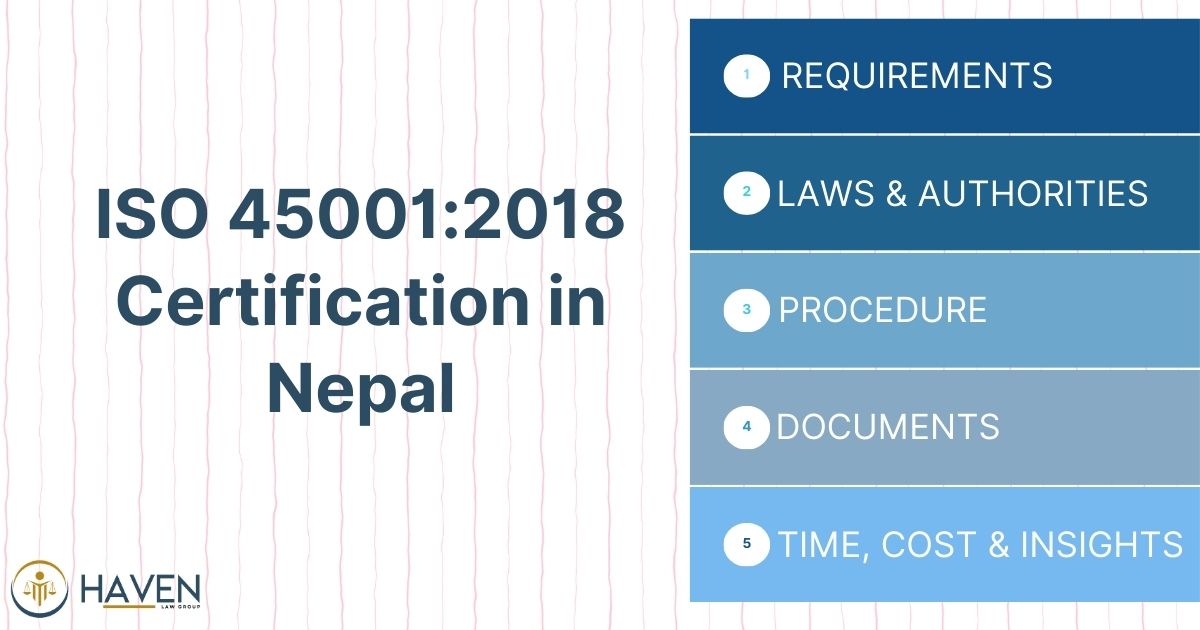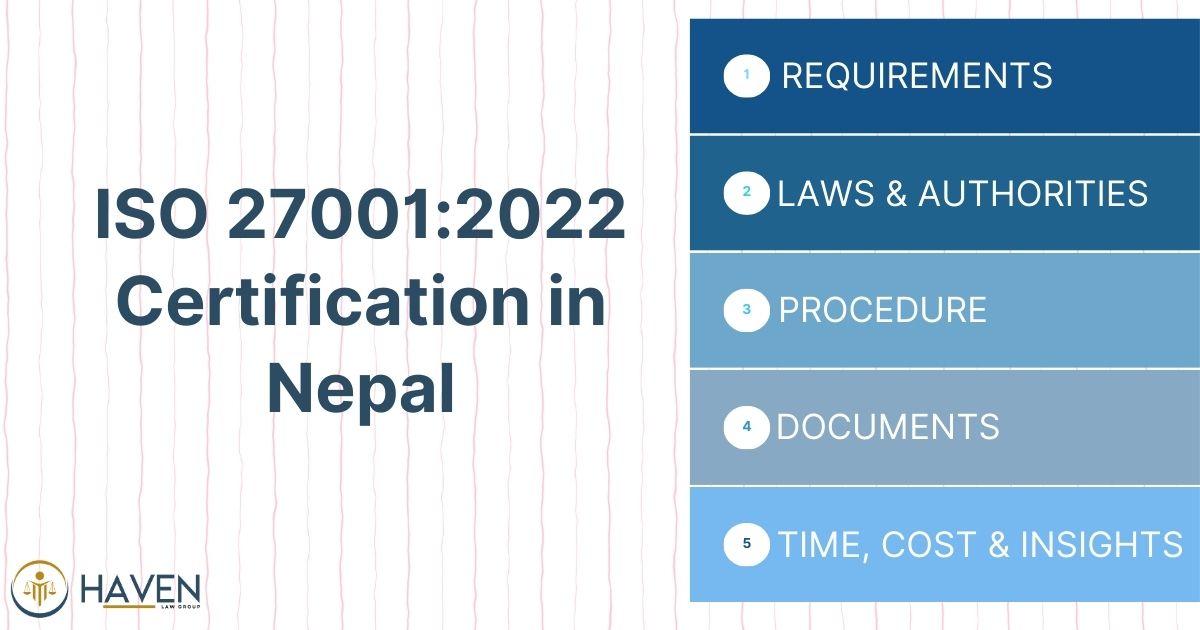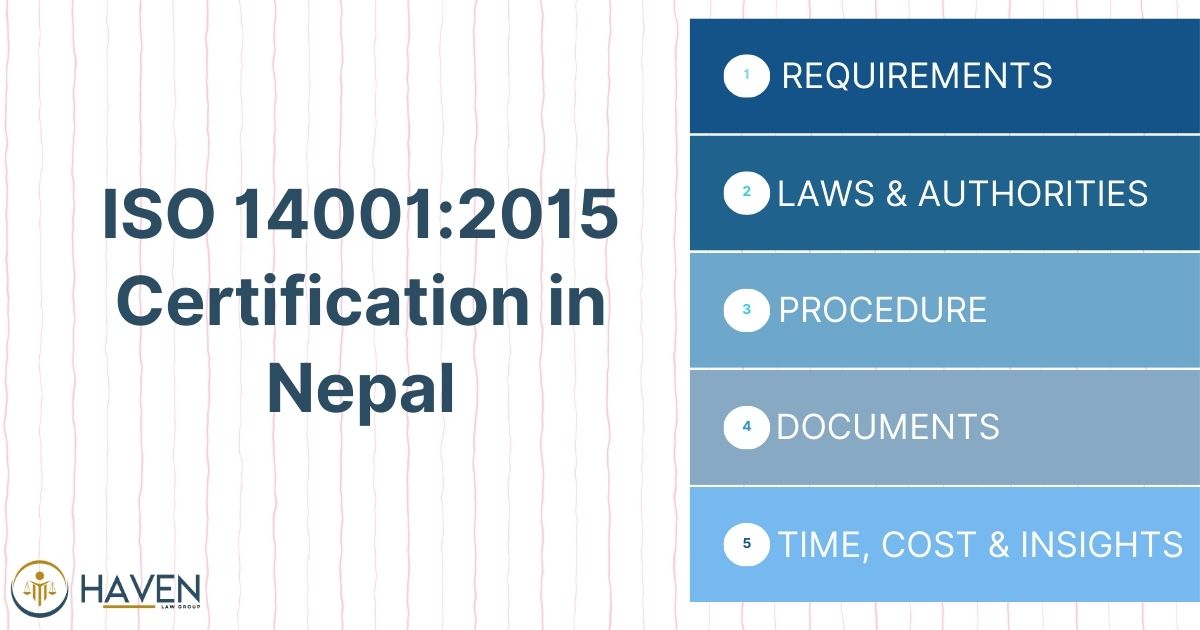What are divorce papers in Nepal?
Divorce papers in Nepal are legal documents that formalize the dissolution of a marriage. These documents are essential for initiating and finalizing the divorce process in the country. In Nepal, divorce papers typically include a petition for divorce, which outlines the grounds for seeking the dissolution of marriage. The papers also contain details about the parties involved, including their personal information, marriage date, and reasons for seeking divorce.
Under Nepali law, specifically the National Civil Code 2017 (Muluki Dewani Samhita, 2074), divorce papers serve as the official record of the termination of a marital relationship. These documents are crucial for legal purposes and are required by various government agencies and institutions when dealing with matters related to marital status.
How to obtain divorce papers in Nepal?
To obtain divorce papers in Nepal, individuals must follow a specific process:
- Consult a legal professional or visit the local district court
- Provide personal information and details about the marriage
- State the grounds for divorce as per Nepali law
- Complete the necessary forms provided by the court
- Submit the completed forms along with required supporting documents
- Pay the prescribed court fees
- Receive a copy of the filed divorce petition
The process may vary slightly depending on the specific district court and the circumstances of the divorce. It’s advisable to seek guidance from a legal professional familiar with Nepali divorce laws to ensure all necessary steps are followed correctly.
Are divorce papers mandatory in Nepal?
Yes, divorce papers are mandatory in Nepal for the legal termination of a marriage. According to the National Civil Code 2017, a formal divorce petition must be filed with the appropriate court to initiate the divorce process. Without these official documents, the divorce is not recognized under Nepali law.
The mandatory nature of divorce papers ensures that proper legal procedures are followed and that both parties’ rights are protected throughout the divorce process. Additionally, these papers serve as official proof of the dissolution of marriage, which is necessary for various legal and administrative purposes, such as remarriage, property division, and updating personal records.
Can divorce papers in Nepal be obtained online?
Currently, the process of obtaining divorce papers entirely online is not available in Nepal. The Nepali legal system still requires physical presence and documentation for most legal proceedings, including divorce. However, some initial steps in the process may be facilitated online:
- Accessing information about divorce procedures
- Downloading necessary forms from court websites
- Scheduling appointments with legal professionals
While complete online processing is not yet available, the Nepali government has been working towards digitizing various legal services. In the future, it’s possible that more aspects of the divorce process, including obtaining papers, may be available online.
For now, individuals seeking divorce must still visit the relevant district court or consult with a legal professional in person to obtain and file the necessary divorce papers.
What details are included in divorce papers in Nepal?
Divorce papers in Nepal typically include the following details:
- Full names and addresses of both spouses
- Date and place of marriage
- Names and ages of any children from the marriage
- Grounds for divorce as per Nepali law
- Details of any previous attempts at reconciliation
- Information about shared property and assets
- Proposed arrangements for child custody and support
- Alimony or maintenance requests, if applicable
- Signatures of both parties (in case of mutual divorce)
- Date of filing the divorce petition
The papers may also include supporting documents such as marriage certificates, citizenship certificates, and any evidence related to the grounds for divorce. The specific details required may vary depending on the nature of the divorce (contested or uncontested) and the particular circumstances of the case. It’s crucial to ensure all necessary information is accurately included to avoid delays in the divorce process.
Who issues divorce papers in Nepal?
In Nepal, divorce papers are not issued by a single authority but are part of a legal process involving multiple entities:
- District Courts: The primary institution where divorce petitions are filed and processed
- Legal Professionals: Lawyers who assist in preparing and filing divorce papers
- Court Registrars: Officials who receive and process the filed divorce papers
- Judges: Who review the papers and make decisions on divorce cases
While individuals can prepare their own divorce papers, it’s common and advisable to seek assistance from legal professionals familiar with Nepali divorce laws. The district court where the papers are filed plays a crucial role in the process, as it is the institution that ultimately grants the divorce decree. The court’s involvement ensures that the divorce papers are legally valid and comply with all necessary requirements under Nepali law.
Are divorce papers in Nepal required for mutual divorce?
Yes, divorce papers are required even for mutual divorce in Nepal. The National Civil Code 2017 stipulates that all divorces, including those by mutual consent, must be formalized through proper legal channels. For a mutual divorce:
- Both parties must agree to the divorce
- A joint petition must be filed with the district court
- The petition should outline the terms of the divorce agreement
- Both spouses must sign the divorce papers
- The court reviews the papers to ensure compliance with law
- A divorce decree is issued if all requirements are met
While mutual divorce may be a simpler process compared to contested divorces, the legal requirement for proper documentation remains the same. The divorce papers in this case serve to formalize the agreement between the parties and ensure that the divorce is recognized under Nepali law.
Can divorce papers be challenged in Nepal?
Yes, divorce papers can be challenged in Nepal under certain circumstances. Grounds for challenging divorce papers may include:
- Fraud or misrepresentation in the divorce petition
- Lack of jurisdiction of the court where papers were filed
- Failure to follow proper legal procedures
- Coercion or duress in obtaining consent for divorce
- Discovery of new evidence relevant to the divorce case
To challenge divorce papers:
- File an appeal with the appropriate court
- Present evidence supporting the grounds for challenge
- Adhere to the time limits specified for filing appeals
It’s important to note that challenging divorce papers can be a complex legal process. The success of such challenges depends on the specific circumstances of the case and the strength of the evidence presented. Consulting with a legal professional is advisable for anyone considering challenging divorce papers in Nepal.
How long does it take to get divorce papers in Nepal?
The time it takes to get divorce papers in Nepal can vary depending on several factors:
- Type of divorce (contested or uncontested)
- Workload of the district court
- Completeness of the submitted documents
- Cooperation between the parties involved
For uncontested or mutual divorces, the process of obtaining and filing divorce papers can be relatively quick, potentially taking a few weeks to a couple of months. However, for contested divorces, the process can be significantly longer, potentially extending to several months or even years in complex cases.
It’s important to note that obtaining divorce papers is just the initial step. The entire divorce process, including court hearings and the issuance of a final divorce decree, typically takes longer. The National Civil Code 2017 aims to expedite divorce proceedings, but the actual duration can still vary widely based on individual circumstances.
Are divorce papers legally binding in Nepal?
Divorce papers filed with the court in Nepal are considered legally binding once they are approved and a divorce decree is issued by the court. The legal binding nature of divorce papers is established under the National Civil Code 2017, which governs divorce proceedings in Nepal. Once the divorce is finalized:
- The marriage is legally dissolved
- The terms outlined in the divorce papers become enforceable
- Both parties are legally free to remarry
- Property division and child custody arrangements as per the papers take effect
It’s crucial to understand that while the initial filing of divorce papers starts the legal process, they only become fully binding after court approval. Any agreements made between the parties in the divorce papers, such as alimony or child support arrangements, are enforceable by law once the divorce is finalized. Failure to comply with the terms outlined in the approved divorce papers can result in legal consequences.
Can divorce papers be reissued in Nepal?
Yes, divorce papers can be reissued in Nepal under certain circumstances. Situations where reissuance might be necessary include:
- Loss or destruction of the original documents
- Need for additional copies for legal or administrative purposes
- Errors in the original documents requiring correction
To obtain reissued divorce papers:
- Submit a written application to the court that granted the divorce
- Provide a valid reason for the reissuance request
- Pay any applicable fees for document reproduction
- Present identification and proof of connection to the case
- Wait for the court to process the request and issue new copies
The reissued documents typically carry the same legal weight as the originals. However, it’s important to note that reissuance refers to obtaining new copies of existing documents, not initiating a new divorce process. Any substantial changes to the terms of a divorce would require a separate legal process.
Are divorce papers used in property disputes?
Yes, divorce papers play a significant role in property disputes in Nepal. The National Civil Code 2017 addresses property division in divorce cases, and the divorce papers often contain crucial information relevant to such disputes:
- Details of shared property acquired during the marriage
- Agreements on property division between the spouses
- Valuation of assets and liabilities
- Arrangements for the family home
In property disputes arising from divorce:
- Divorce papers serve as primary evidence of the marriage’s dissolution
- They provide a basis for determining each party’s entitlements
- Courts refer to these documents when making decisions on property division
- The papers can be used to enforce agreed-upon property settlements
It’s important to ensure that all relevant property details are accurately included in the divorce papers. In cases where property disputes arise after the divorce is finalized, the original divorce papers can be crucial in resolving these issues. If the divorce papers do not adequately address property division, separate legal proceedings may be necessary to resolve property disputes.
FAQs
1. Are papers available online?
Currently, divorce papers are not fully available online in Nepal. While some information and forms may be accessible on court websites, the complete process of obtaining and filing divorce papers still requires physical presence at the relevant district court or consultation with a legal professional. The Nepali legal system is gradually moving towards digitization, but as of now, the divorce process remains largely paper-based and requires in-person interactions.
2. Can papers be notarized?
Yes, divorce papers in Nepal can be notarized, and in some cases, notarization may be required. Notarization serves to verify the authenticity of signatures and documents. The process typically involves:
- Presenting the documents to a licensed notary public
- Providing proof of identity
- Signing the documents in the presence of the notary
- The notary affixing their seal and signature
Notarization can add an extra layer of legal validity to divorce papers, particularly in cases where the authenticity of documents might be questioned.
3. Are witnesses required for papers?
In most cases, witnesses are not required for the initial filing of divorce papers in Nepal. However, witnesses may be necessary during the divorce proceedings, especially in contested cases. Witnesses might be called upon to:
- Testify about the grounds for divorce
- Provide evidence related to property disputes
- Speak to matters of child custody
While witnesses are not typically needed for the preparation and submission of divorce papers, their involvement may be crucial in supporting the claims made within these documents during court hearings.
4. Do papers require both signatures?
Whether both signatures are required on divorce papers in Nepal depends on the type of divorce:
- For mutual divorce: Both spouses must sign the joint petition
- For contested divorce: Only the spouse filing for divorce needs to sign initially
In mutual divorce cases, the signatures of both parties on the divorce papers indicate their agreement to the terms of the divorce. For contested divorces, the respondent spouse will have the opportunity to respond to the petition after it has been filed and served. It’s important to note that even in mutual divorces, both parties should ideally be present in court when the final decree is issued.
5. Can papers be revoked?
Divorce papers can potentially be revoked in Nepal, but the process and possibility depend on the stage of the divorce proceedings:
- Before court approval: The petition can be withdrawn by mutual consent
- After filing but before finalization: A request for dismissal can be filed
- After divorce finalization: Revocation is generally not possible
To revoke divorce papers:
- File a formal request with the court
- Provide valid reasons for the revocation
- Obtain consent from the other party (in most cases)
- Await court decision on the revocation request
It’s important to note that once a divorce is finalized by the court, the divorce papers cannot be simply revoked. In such cases, if the couple wishes to reunite, they would need to remarry. The ability to revoke divorce papers underscores the importance of careful consideration before initiating the divorce process.
What documents are required to file for divorce in Nepal?
Marriage certificate, citizenship certificates of both spouses, property details, and a divorce petition are typically required to file for divorce in Nepal.
How can I get divorce papers in Nepal?
Divorce papers can be obtained from district courts or legal professionals. Some lawyers may provide templates, but official forms must be filed with the court.
Can I file for divorce without my spouse’s consent in Nepal?
Yes, unilateral divorce is possible in Nepal under certain grounds like adultery or cruelty. However, mutual consent simplifies the process considerably.
Where do I submit divorce papers in Nepal?
Divorce papers are submitted to the district court having jurisdiction over the area where the couple last resided together or where the respondent lives.
Can I download divorce papers online in Nepal?
Official divorce papers are not available for download online in Nepal. Forms must be obtained in person from the court or through a legal professional.
How do I check the status of my divorce case online in Nepal?
Currently, there is no online system to check divorce case status in Nepal. Parties must inquire at the court where the case was filed.
Are there any online services for divorce in Nepal?
Nepal does not have official online divorce services. The process requires in-person court appearances and paper filings as per current laws.



